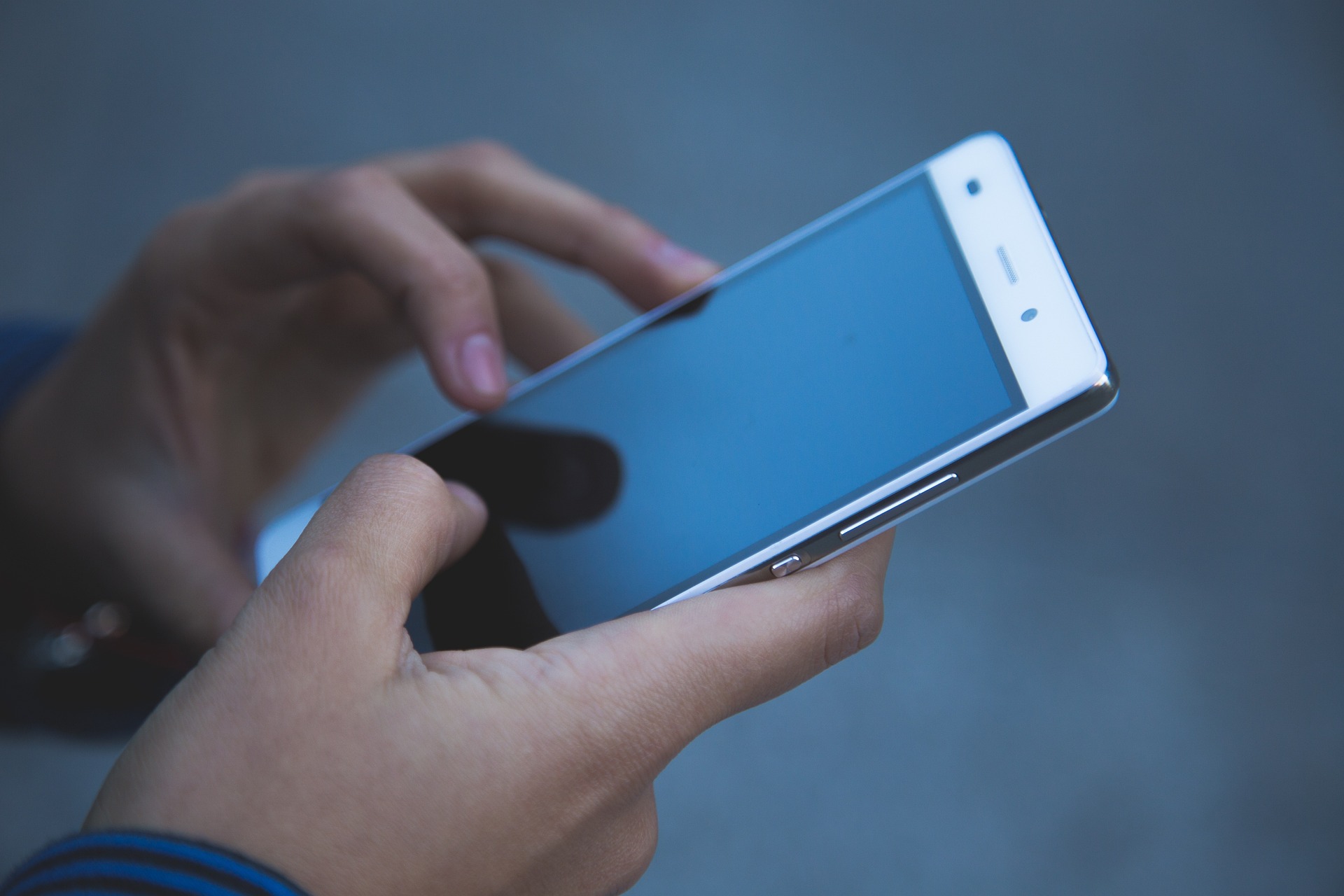The article discusses the temporary phone ban at ESB School, which sparked mixed feelings among students. While the ban aims to reduce screen time, it risks hindering educational benefits, social connections, and digital literacy essential for the future. The authors suggest that instead of a ban, guidelines for responsible phone use could better balance technology’s advantages in education and social interactions.
Authors: Esmé Erickson and Yasmin Salech
Silencing the Distractions
Students at ESB are all familiar with the trial of a phone ban at their school that took place. The SEC decided that all students at ESB are not allowed to use their phones for the month of February. Our opinions had all been rather similar: most of us did not like this temporary ban.
Even though most students may not agree with the proposed ban, it is important to be critical when thinking about why such a measure may be taken.
Humans are creatures of habit, and it is well known that over this decade screens have become our vices. It’s easy to pick up your phone when you don’t know what to do or who to talk to. For teenagers in particular, it’s common knowledge that we use our phones too much. However, it is difficult to fully comprehend how much time we waste by using screens. According to a 2021 study done by The Common-Sense Census, teenagers use screens 8 hours and 39 minutes daily on average, which adds up to around 60 hours a week total. To put this into perspective, the average working week in the Netherlands is 36-40 hours. These precious hours wasted on screens are far better spent participating in activities beneficial to one’s mental and physical health.
Debunking the Disconnection
Banning phones in school can have several disadvantages, impeding both educational and social aspects of our lives. Firstly, smartphones serve as a swift, effortless, and valuable educational tool, providing us with instant access to a wealth of information and educational apps. Additionally, we frequently rely on phone applications such as calendars, reminders, notes and obviously SMS. In a world that is immersed in all things digital which is not going to slow down anytime soon, the barring of the use of phones will prevent students from developing the technical skills they need for the future.
More importantly, there may be a negative effect on us if phones are prohibited. Even if the goal is to promote face-to-face interactions, there is a possibility of social detachment if we are unable to connect with our social circles outside of school. Social media enables us to connect with the rest of the world. If anything, students have a richer social life with smartphones than without.
Similarly, smartphones serve as a communication lifeline between pupils and parents/family. The elimination of phones can make it more challenging to reach out to one another promptly in an emergency.
Combining the benefits of mobile technology with strong guidelines for proper usage could provide a more sophisticated way to handle issues and maximize the advantages of mobile phones in educational settings.
In summary, while there are various concerns about distractions and the lack of in-person socialising, a complete ban of phones in school will have several effects on students’ digital literacy, social expansion, and preparation for the demands of a technologically advanced society. We believe that Secondary students, especially those in the Baccalaureate cycle, require phones to be able to achieve their full academic potential.
Proof-read by: Mrs. Mattingley
Edited by: Freija Vlagsma



